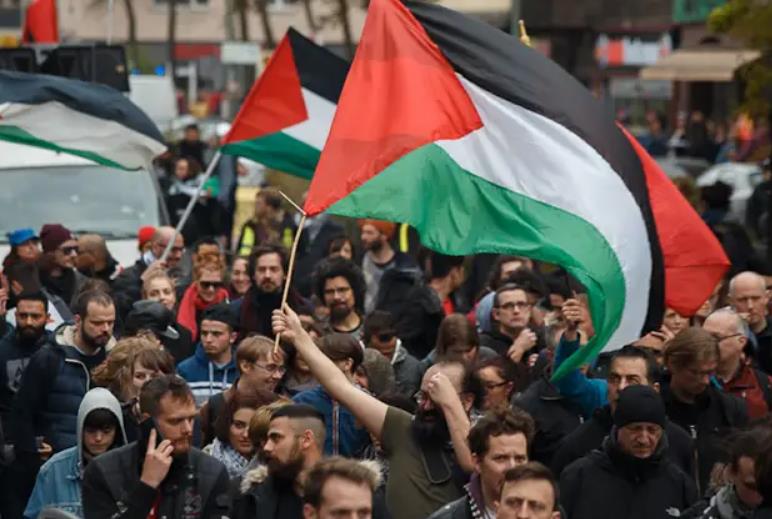In the heart of the Middle East, a new directive from Israeli authorities is set to change the fate of several Palestinian patients in East Jerusalem hospitals. This article explores the intricate details of this decision and its profound implications on the lives of those affected.
East Jerusalem’s hospitals, long a sanctuary for those in need of advanced medical care, now face a dilemma as Israeli authorities prepare to send a group of Palestinian patients back to Gaza. Among them are newborns, cancer patients in remission, and their caregivers, all of whom had received permission to travel for treatment before the recent escalations.

The decision comes as a stark reminder of the fragile line between healthcare and political strife. For these patients, the return to Gaza is not just a journey across borders; it’s a transition from a place of relative safety to an area marred by conflict and uncertainty. Their stories, a poignant testament to the human side of geopolitical tensions, echo the complexities of seeking healing in a land divided by war.
A Question of Access and Rights
The relocation of patients from East Jerusalem to Gaza raises critical questions about access to healthcare and human rights in conflict zones. The Israeli defense ministry body responsible for Palestinian affairs, COGAT, has been coordinating with hospital officials to identify patients who no longer require in-patient treatment. This logistical move, however, carries significant emotional weight for those involved.
For many, the return to Gaza is fraught with fear and the anxiety of uncertainty. The mothers of newborns, who have known nothing but the safety of hospital walls, now face the daunting prospect of caring for their infants in a region still reeling from the aftermath of conflict. The policy, while administratively sound, tugs at the moral fibers of the international community, spotlighting the intersection of healthcare provision and human dignity.
Navigating the Path Ahead
As buses prepare to transport these individuals to the Kerem Shalom crossing, the world watches with bated breath. The move is not just about the physical relocation of patients; it’s about the broader implications for peace, stability, and the right to health in a region where such ideals are often casualties of conflict.
The stories of these patients, particularly the vulnerable infants and their mothers, serve as a powerful narrative on the cost of war and the value of medical sanctuaries in times of turmoil. As they make their way back to Gaza, their journey symbolizes the ongoing struggle for a semblance of normalcy amidst the chaos of political discord.
